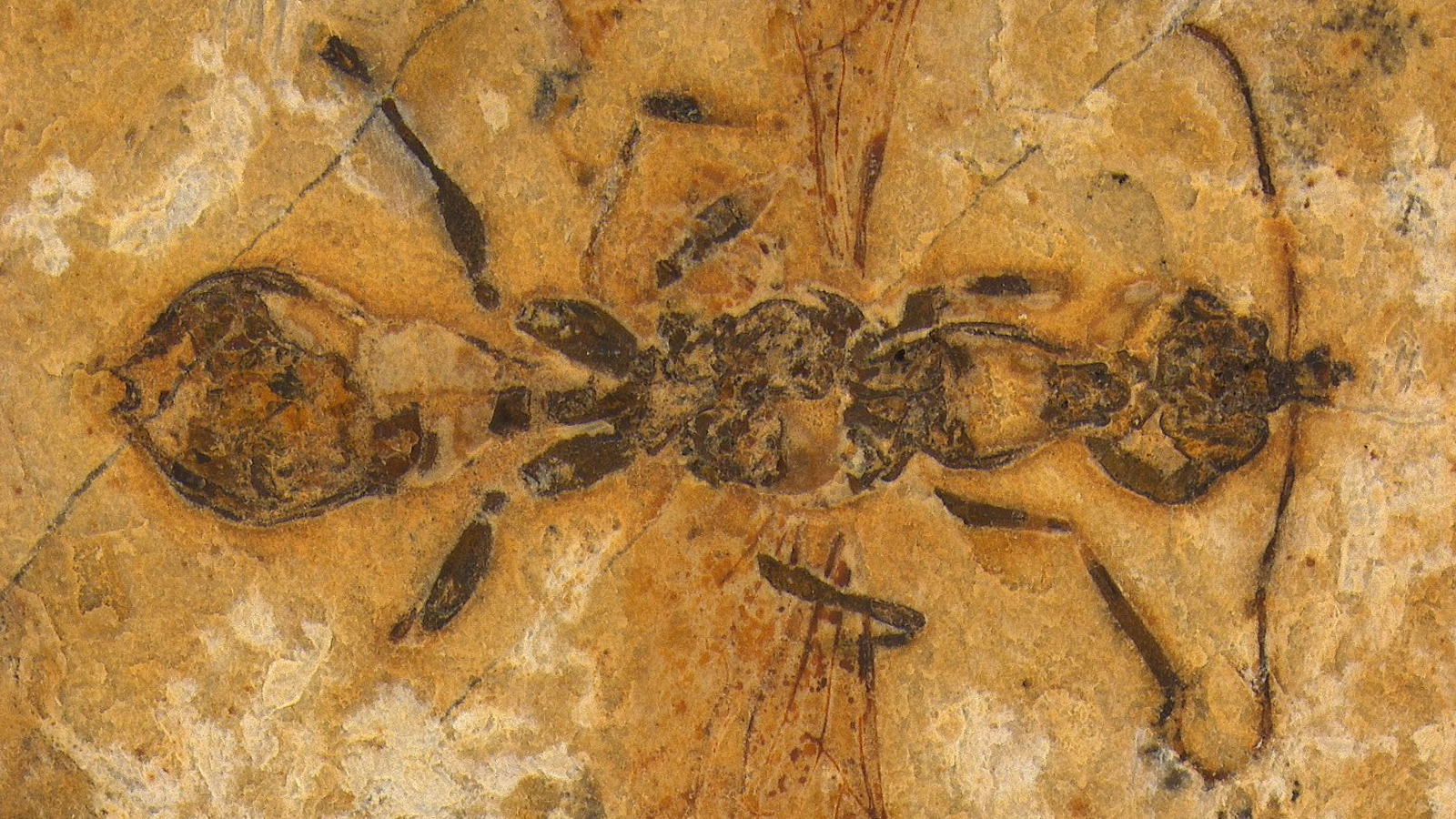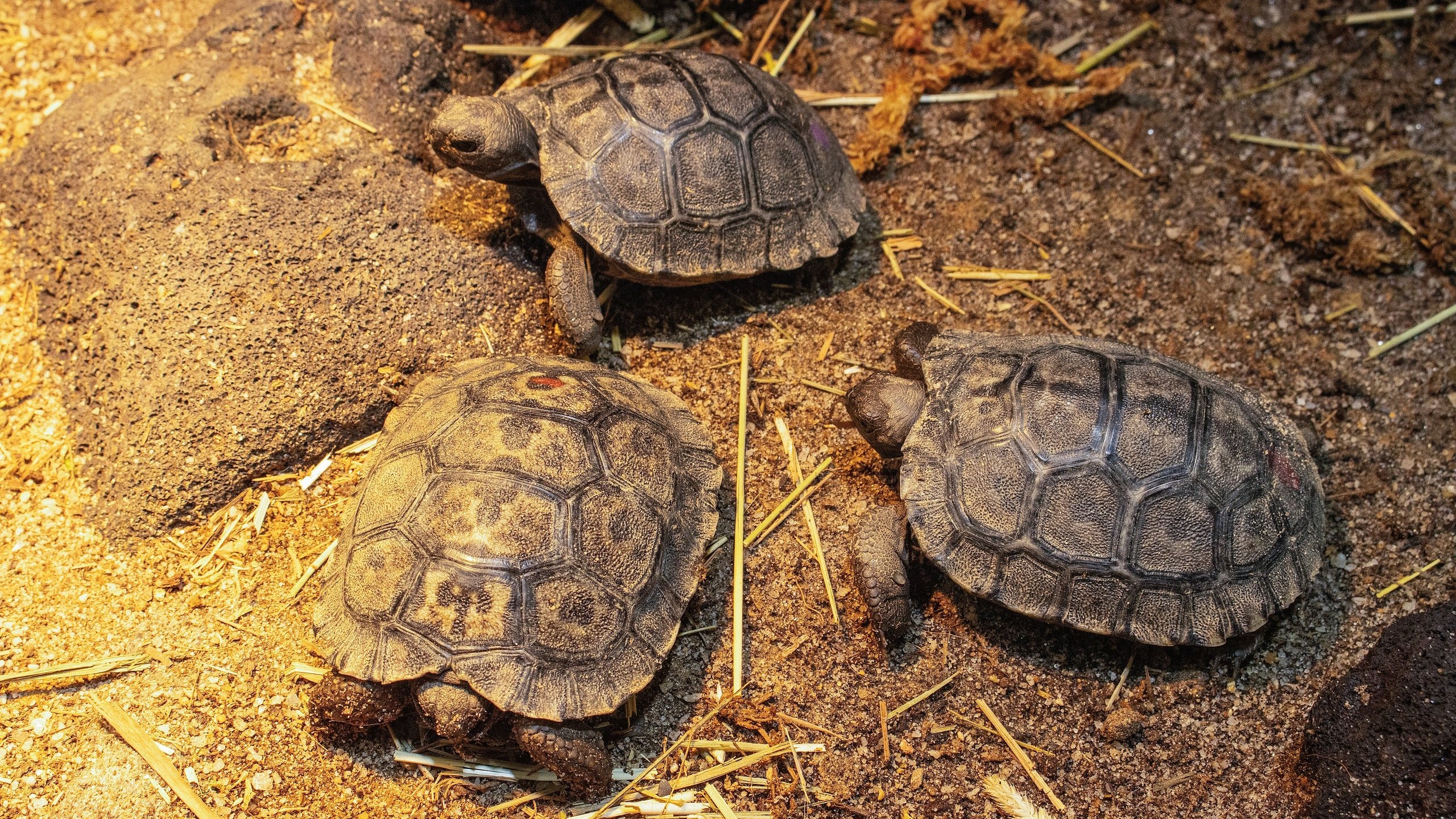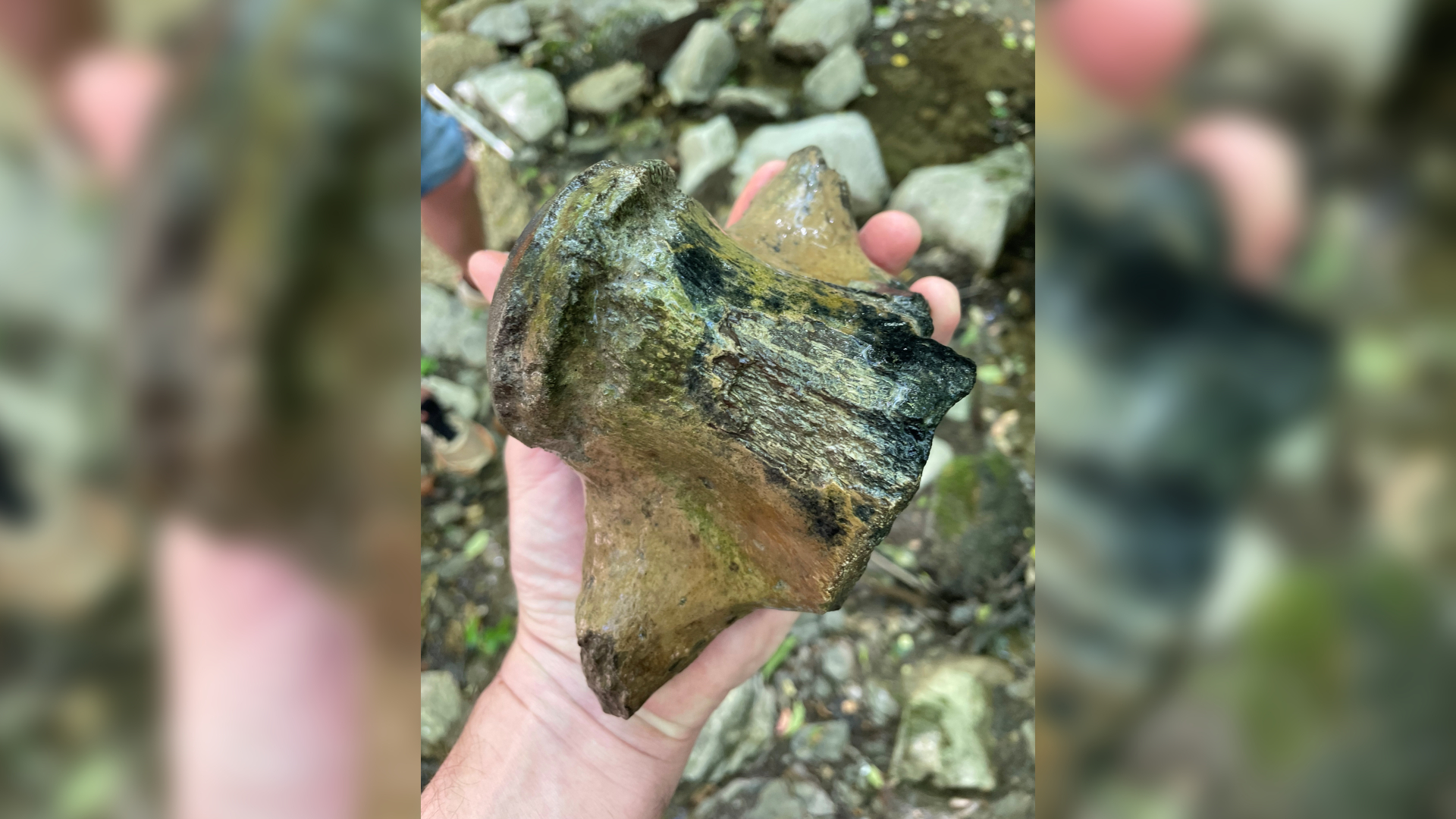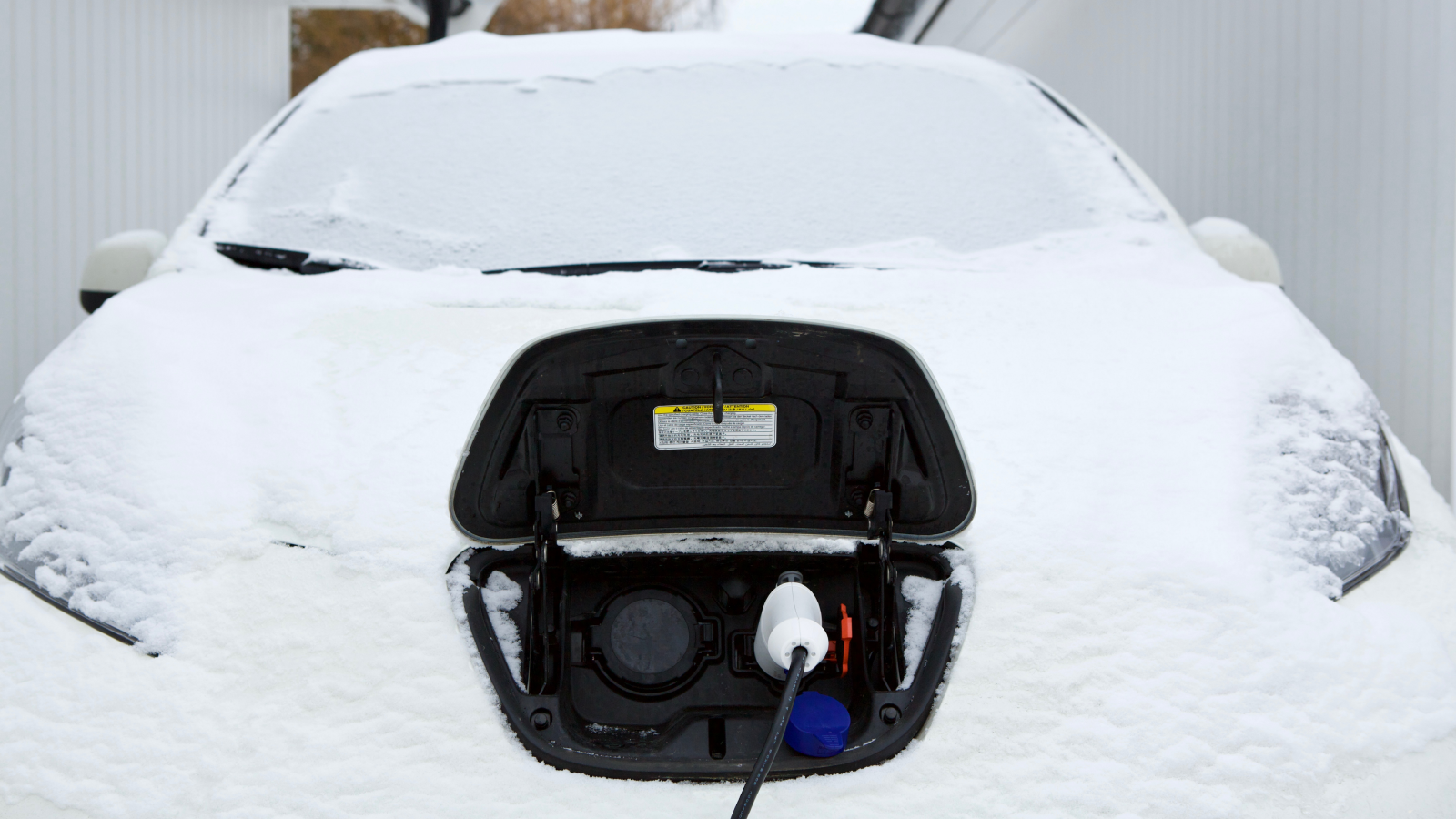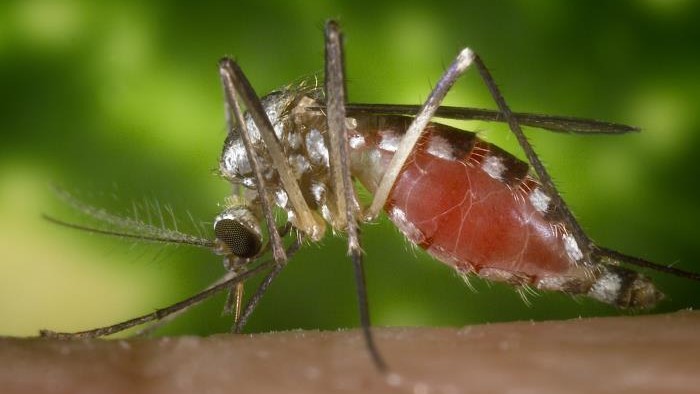12 Steps to Prevent Accidental Poisoning
As the United States marks the 50th anniversary of National Poison Prevention Week from March 18-24, the U.S. Consumer Product Safety Commission (CPSC) is teaming up with product safety counterparts in Canada and Mexico to call attention to the dangers of unintentional poisoning.
CPSC, Mexico's Consumer Protection Federal Agency (Profeco), the Federal Commission for the Protection Against Sanitary Risks (Cofepris), and Health Canada have committed to working together to engage consumers during this week. Consumers need to know how to safely choose, use and dispose of potentially harmful products.
Unintentional poisoning is one of the leading causes of injury to children. Poisoning is a preventable injury. Yet each year thousands of children in the United States and across North America are treated in emergency departments after consuming poisonous substances.
"Fifty years of poison awareness efforts have resulted in thousands of lives saved," said CPSC Chairman Inez Tenenbaum. "However, new and reemerging hazards, such as button cell batteries and chemicals that look like everyday drinks, have renewed CPSC's efforts to raise awareness and encourage poison prevention."
While child-resistant packaging, critical safety messaging and education efforts have contributed to a significant decline in deaths, the North American safety agencies are aiming to reduce even further the number of unintentional poisonings.
CPSC recommends that consumers layer the protection in three key steps:
- Keep medicines and household chemicals in their original, child-resistant containers.
- Store potentially hazardous substances up and out of a child's sight and reach.
- Keep the national Poison Help hotline number, 800-222-1222, handy in case of a poison emergency.
Additional poison prevention steps are:
Sign up for the Live Science daily newsletter now
Get the world’s most fascinating discoveries delivered straight to your inbox.
- When hazardous products are in use, never let young children out of your sight, even if you must take them along when answering the phone or doorbell.
- Keep items closed and in their original containers.
- Leave the original labels on all products, and read the labels before using the products.
- Always leave the light on when giving or taking medicine so that you can see what you are giving or taking. Check the dosage every time.
- Avoid taking medicine in front of children. Refer to medicine as "medicine," not "candy."
- Clean out the medicine cabinet periodically and safely dispose of unneeded and outdated medicines.
- Do not put decorative lamps and candles that contain lamp oil where children can reach them. Lamp oil can be very toxic if ingested by children
- Do not allow children to play with button cell batteries, and keep button batteries out of your child's reach.
- If a button cell battery is ingested, immediately seek medical attention. The National Battery Ingestion Hotline is available anytime at (202) 625-3333 (call collect if necessary), or call the Poison Help hotline at (800) 222-1222.


